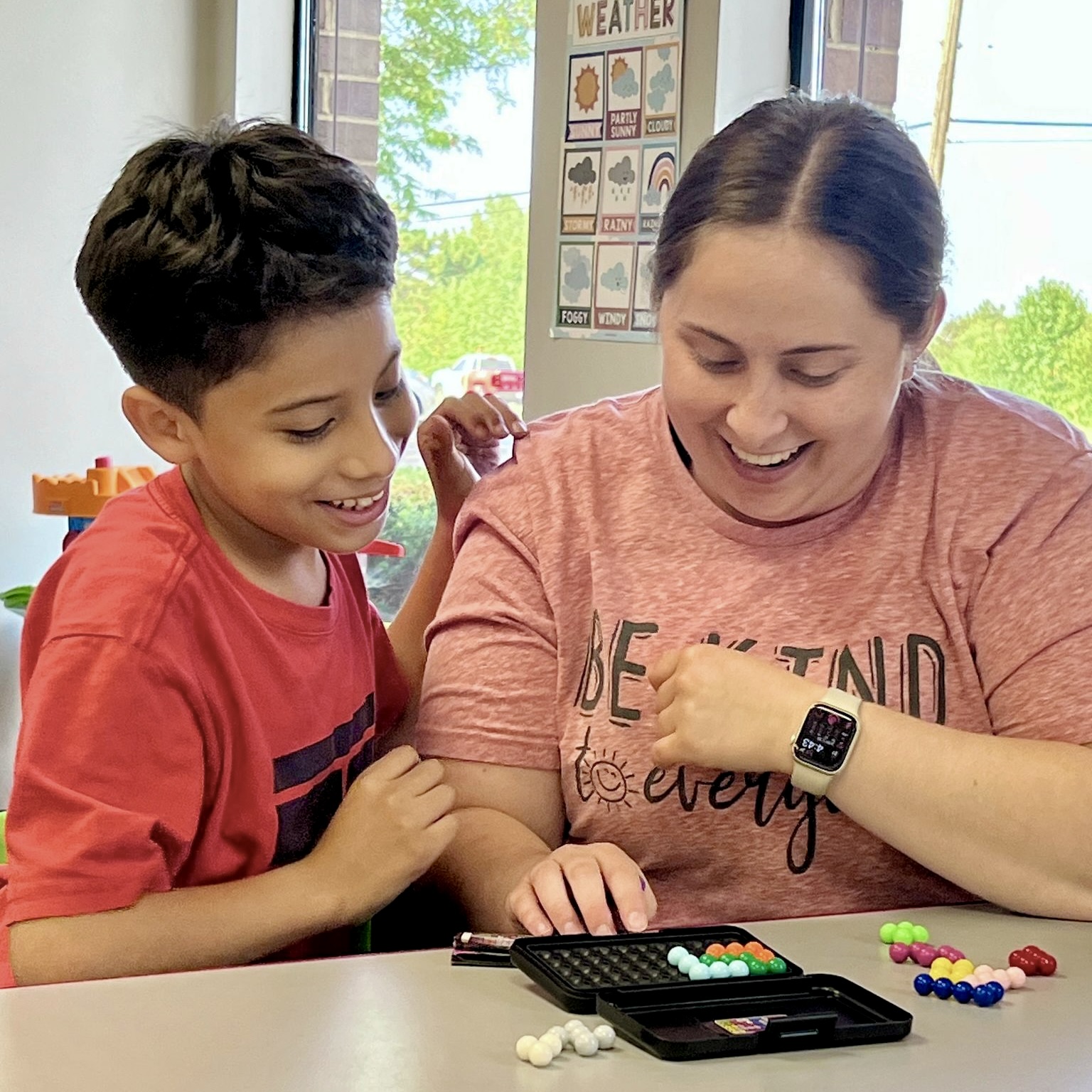As Thanksgiving gets closer, lots of families are getting ready for big gatherings with relatives, huge meals, and family traditions. For kids working on their social skills, this can be a mix of excitement and stress. Family holidays offer a great chance for them to practice interacting with others, but they can also be tricky. That’s where occupational therapy (OT) and speech therapy (SLP) come in—helping kids feel more confident in these settings and guiding them through social situations.
Why Holidays Can Be Tough Socially
During family gatherings, there’s usually a lot going on. Kids might find it hard to figure out social cues, know when to speak, or feel comfortable joining a conversation. Throw in a big group of family members, many of whom they might not see regularly, and it can be pretty overwhelming.
How Occupational Therapy Helps Social Skills
OT is all about giving kids the tools they need to participate in daily life, which includes social situations. Here are some ways OT can help:
- Emotional Regulation: Holidays can bring up big emotions—excitement, nervousness, frustration. OTs work with kids on ways to calm themselves down, whether it’s using deep breathing, sensory tools, or having a quiet routine to help them chill out if things get too overwhelming.
- Motor Skills for Social Participation: Simple things like passing food at the table or helping with family activities take fine motor and gross motor skills. OT helps kids practice these so they feel comfortable and confident, like they’re part of the group.
- Navigating Social Spaces: With lots of people around, understanding personal space and how to physically move in a crowd is key. OT can help kids with body awareness so they can engage without feeling too anxious.
How Speech Therapy Supports Social Communication
Speech therapy is focused on helping kids communicate better, which is super important during family holidays. Here’s how SLP can help:
- Social Pragmatics: This means teaching kids how to follow the “rules” of conversation—taking turns when talking, reading facial expressions, knowing when to jump in or step back from a conversation.
- Expressive Language: Some kids struggle to find the right words or express themselves clearly in a busy setting. SLP can help them learn how to talk with confidence, build their vocabulary, and know what to say.
- Listening Skills: It can be hard to listen and follow conversations when a lot is happening. SLP can help kids practice staying focused on the person they’re talking to and how to ask for clarification if they’re confused.
How to Prep at Home Before the Holiday
There are a few things parents can do before the big day to help kids feel ready. Here are some tips from both OT and SLP to try out:
- Practice Conversations: You can role-play some common interactions with your child. Practice things like greeting family members, answering questions about school, or joining in on family games or traditions. The more they practice, the more comfortable they’ll be.
- Sensory Kit: If your child gets easily overwhelmed by noise or lots of people, having a little sensory kit with things like headphones, a fidget toy, or something they find calming can help them take breaks when they need to.
- Go Over the Day: Talk to your child about what to expect—who’s coming, what the day will look like. Having a sense of the schedule can help them feel less anxious. Also, let them know it’s okay to take a break if things get too much.
Family holidays like Thanksgiving are great for helping kids practice social skills, but they can also be overwhelming. With the help of OT and SLP, kids can learn strategies to better navigate these situations, making it a fun and rewarding experience for everyone. If you’re looking for more tips or support before the holidays, feel free to reach out to Step Forward Therapy!




